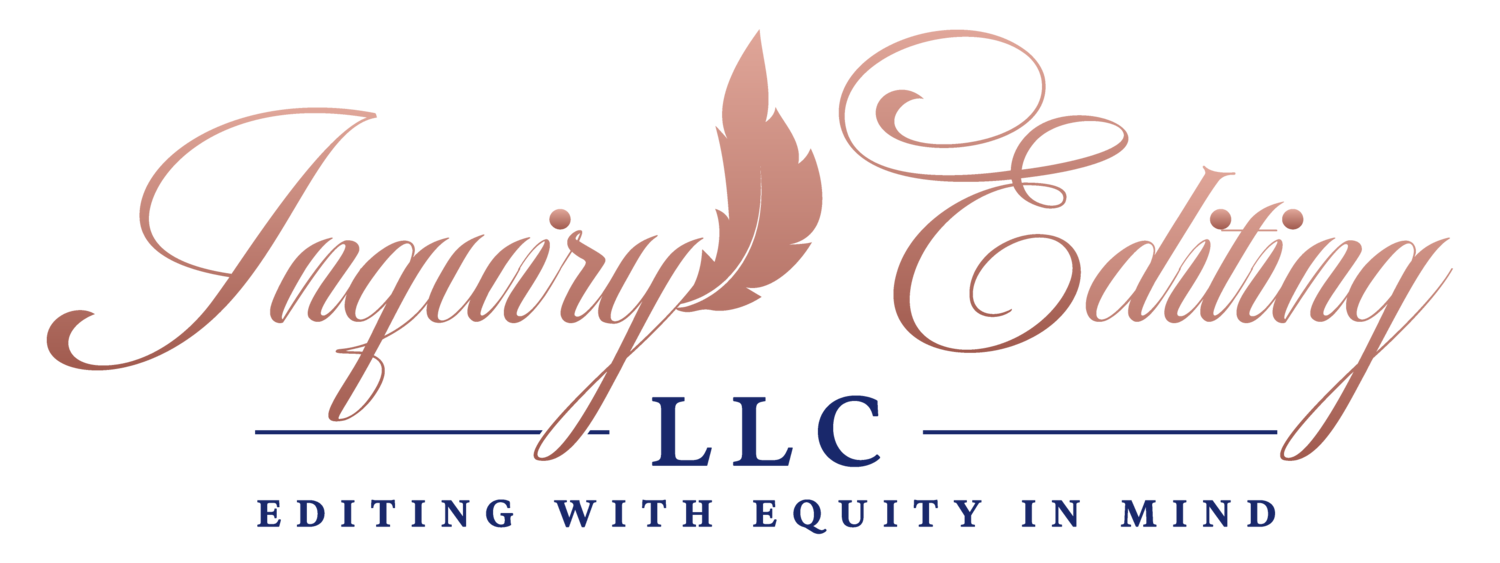Book Review: This Close to Okay by Leesa Cross-Smith
So far, I have reviewed two romance novels and not commented on the romance element. For Tahira in Bloom by Farah Heron (2021), I wrote about the deftness with which body image and anti-Blackness were handled in the text. For The Authenticity Project by Clare Pooley (2022), I talked about pacing.
This isn’t because I’m not a romantic. Far from it! Why else do you think I read these? It is because I think the romance isn’t believable unless authors attend to the aspects of craft that make the romance believable. Much of what goes into the craft of a novel (to my mind) often must disappear in order for the magic of the story to work.
So, here I am again, reviewing another romance and not talking about the romance. This time, I’m going to talk about mental health in This Close to Okay by Leesa Cross-Smith (2021). The book is a character-driven plotline that focuses on two people’s chance encounter on a bridge. This isn’t your spill your latte on the front of someone’s shirt, they explode at you, then you realize they’re a big client kind of meet cute. This is one character, Emmett, is about to jump off a bridge and the other character, Tallie (a therapist), shows up at the right time. The story then follows a whirlwind Halloween weekend where they essentially live together, trying to keep each other afloat.
Certainly, there are parts of this story that are unbelievable. I chalked that up to the fantasy of it all. I’d be remiss if I did not point out that I spent a lot of the story outright shouting or murmuring, “Oh no no no no no no no. Girl! That’s how we get killed!” I also was not pleased with the ending, but I do think the ending was realistic – perhaps the most realistic aspect of the novel. But, also, sometimes unbelievable things happen.
Timing-wise, the publisher and the agent did incredibly well. After a year of thinking about mental health and what drives one to suicide or depression or to an identity crisis, Grand Central Publishing releases this book on February 2, 2021. It is early enough that folks still care about their new year’s resolutions to better their mental health, but also late enough that some of that motivation has started to wane. For book nerds, this was a timely, escapist yet powerful and resonant read.
First, Cross-Smith switches perspective. This technique does similar work to what I described in my review of Clare Pooley’s The Authenticity Project. In addition to helping with the pacing, Cross-Smith leverages it most for insight: which is crucial for a character driven book. It is even more crucial for a character whose introspection helps the reader process what suicidal ideation looks like. Emmett has a habit of deep presence – grounding practices; he notices details about his environment and the people around him to stay present. This drums home the immediacy of his thoughts and feelings. It also forges a connection between his present and his past when his memory is triggered. For Tallie as a therapist, you get an opportunity to watch her process in real time what is like to help someone, all the mental machinations it takes to be caring, believable, and honest. And, you can watch their processing fail them.
I’d be remiss if I did not comment on how realistic the suicidal ideation and suicide prevention techniques are. This is not the “you have so much to live for” speech. Instead, Tallie deploys bargaining, incremental buy-in, and a few other techniques. This is not the “running out of the house to do something at all costs” monologue. The suicide is planned and takes advantage of ready at hand elements. According to Malcolm Gladwell in Talking to Strangers (2019), suicide prevention is partially reliant on making the environment safer: his two examples – Sylvia Plath, Ann Sexton – pinpoint that the availability of tools plays a significant part in the follow-through.
Second, Leesa Cross-Smith touches upon the various ways that mental health affects daily life. For instance, grief and loss of a loved one – in this case a wife and child – are overwhelming precisely because the reminders of those people are everywhere, even when you leave the environment where you interacted with them most. The most mundane details can pull you backward into the past. Because Cross-Smith focuses on the details in Emmett’s narration, we can travel with him in the present and in the past. Tallie’s divorce and infertility functions similarly. The reminders of her philandering husband are everywhere, as are reminders of her desire for motherhood. What drives this home for me are the various mental gymnastics Tallie uses to keep herself feeling okay. She is sincere and the struggle is real.
The most crucial achievement of Cross-Smith’s book is that she depicts a difficult set of stories without making the book read like a how-to manual. The choices to use a character-driven narrative and a time-bound narrative (the weekend) keep the focus on the story and the people rather than their circumstances. In a plot driven narrative, the details of mental illness would need to be explained more thoroughly and the author would have – I think – had a difficult time keeping the details and the characters realistic. Quite frankly, the last thing you want in a novel about mental illness is a stock character.
I don’t think this was a light read or a steamy read (though the sex scenes were well-done). I enjoyed it. To be honest, in a world that is fraught by so much personal and interpersonal turmoil, it is a necessary book.
If you like this review, please look at the others. If you like this newsletter, please subscribe and pass it on.
